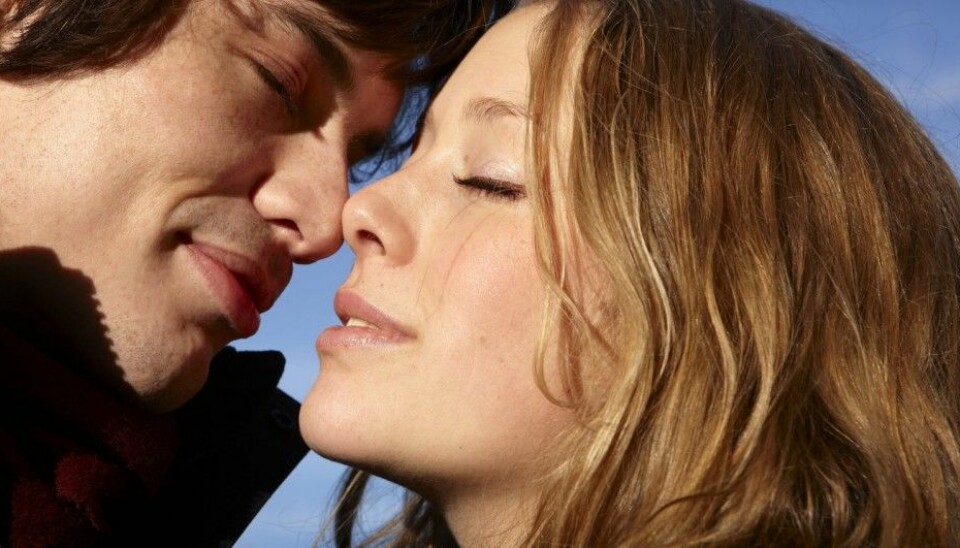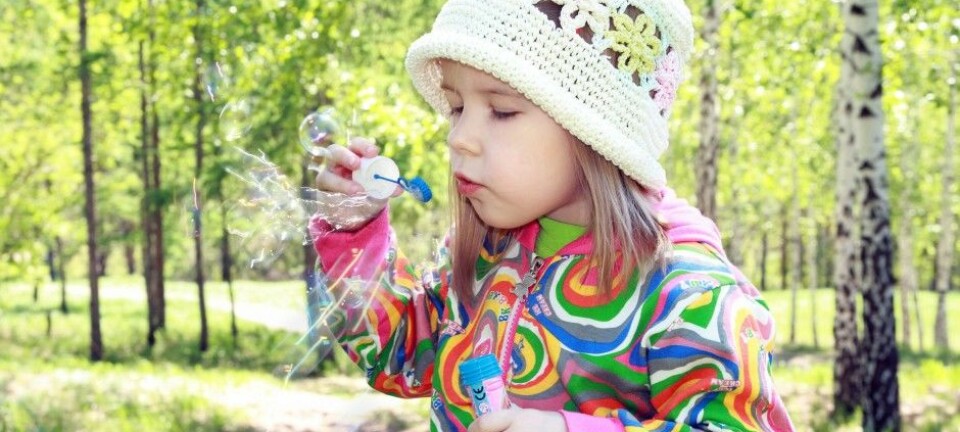
What causes spring fever?
Is it a pure biological response that makes us lustier and happier in the spring? Or is it just because we think we’re supposed to feel that way?
Given the potential dual nature of the answer to this question, we have consulted representatives from the medical and the psychological communities. Their answers, not surprisingly, are quite different.
Arne Holte, a psychologist, believes that humans are like animals and plants, and are affected by the increased amount of light.
“Women in particular feel more frisky. The light makes them less tired and more interested in sex,” says Holte, who is head of the Mental and Physical Health domain at the Norwegian Institute of Public Health and an adjunct professor of health psychology at the University of Oslo.
“What happens in the spring is no more mysterious than what happens to people in the autumn and winter. When the morning light disappears in the late autumn, many people abruptly experience a prolonged need for sleep, an increased craving for sweets, less energy, a slightly worse mood, social passivity and decreased sexual interest,” Holte says.
Found seasonal variations in students

When the light comes back in the spring, we need less sleep, our energy levels increase, we feel better, we eat less cakes and sweets, and it is easier to lose weight. We are also more social and we think more about sex.
“Women in particular are sensitive to light. They feel more attractive and think more about sex when the light is at its most intense, usually in April and May, when there is still snow on the ground to reflect the light,” Holte says.
Men seem to be most interested in sex in July and August. It could be a psychological effect in that women then seem to be more attractive. Men are attracted most by what they can see. Around Christmastime, both sexes are at their lowest when it comes to sexual interest, says Holte.
He bases his knowledge on international research and his own research in Norway. He has followed approximately 1,000 nursing students and student teachers in Hammerfest, Alta and Tromsø with monthly measurements for 2.5 years and found large seasonal variations among students.
No evidence for seasonal hormonal variations

Anders Palmstrøm Jørgensen is a specialist in endocrinology, or the human hormone system. He works at Oslo University Hospital.
When asked about the cause of spring fever, Jørgensen searched the international research literature and did not find any evidence that suggests that humans have the same fluctuations in sex hormones as other species.
“Scientists who study birds see significant seasonal variations in testosterone levels. But we don’t see that in human beings. Men have stable testosterone levels. Women have their cycles throughout the year.
We therefore don’t have any seasonal variation in sexual interest, like animals do,” he said. “That makes spring fever difficult to explain.”
There has not been much research on seasonal variations in sex hormones, in part because the phenomenon is mostly only of interest to people living at northernmost latitudes, says Jørgensen.
No more lusty in the summer
Another Norwegian hormone specialist, Johan Svartberg at UiT, The Arctic University of Norway, has studied testosterone levels in men in northern Norway.
He was surprised to find that levels of the male sex hormone, which is what makes men interested in sex, was the lowest in the months with the highest temperatures and the most hours of daylight.
The highest levels were measured around Christmastime.
The answer lies in psychology
Anders Palmstrøm Jørgensen, the hormone expert, believes that Nordic spring fever is more a psychological than a biological phenomenon.
“I think it’s about anticipation. We get a real mental charge when the sun comes up and the weather is warmer. We associate the season with positive experiences,” he said.
“Maybe the answer is as simple as our expectations giving us that tingling feeling in our bodies.”
-------------------------------------
Read the Norwegian version of this article at forskning.no

































